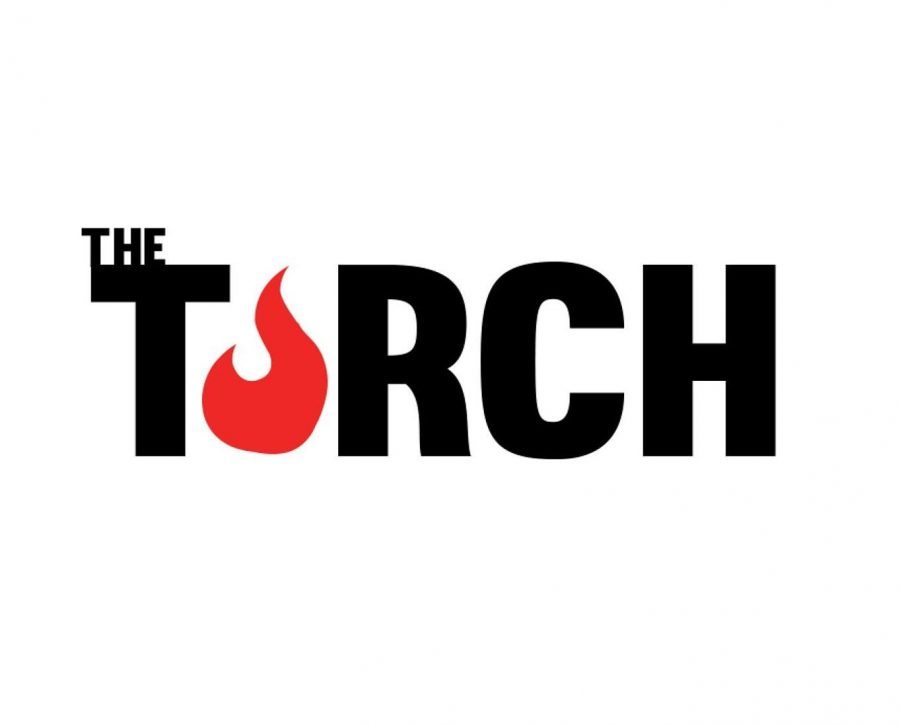The New York City Department of Youth and Community Development (DYCD) granted the Free Adult Literacy Program at St. John’s University, funding $100,000 for the 2018-2019 academic year.
According to the University’s website, funding for the program came from grants allocated by the Verizon Foundation when the program was first created in 2000.
Since 2005, funds have been granted from DYCD with the funding amounts increasing each year following the program’s success.
The Center for Latin American and Caribbean Studies (CLACS) offers the Free Adult Literacy and English As a Second Language (ESL) Classes and Adult Basic Education (ABE) / High School Equivalency (HSE) programs.
The University’s Vincentian mission of service is highlighted through this program, as English language instruction is offered to socioeconomically disadvantaged adults in New York to help them gain better opportunities.
The classes are taught in St. John Hall by University faculty four evenings each week throughout the academic year and are open to people of all ethnic backgrounds.
Courses are offered at different levels of language ability, structured toward providing basic adult education or high school equivalency exams.
Textbooks and materials are provided for students in subjects ranging from English, mathematics, history and science.
Dr. Alina Camacho-Gingerich, Director of CLACS and Chair of the Department of Languages and Literatures, said that due to the high percentage of Queens residents who speak languages other than English, the program is essential for the University.
“There is a great need in our community for a program like the one we have at St. John’s,” Camacho-Gingerich said.
Community organizations and churches often refer students who would like to improve their English skills to the program. Camacho-Gingerich said that there is an even more staggering percentage of Queens residents who are not proficient in English.
Miguelina Abreu, a participant in the program, noted how accessible the Free Adult Literacy Program is compared to other courses with waiting periods.
“St. John’s University opened its doors right away,” Abreu said. “This program not only teaches us English, but also offers workshops taught by University professors on different topics, from immigration to how to use email correctly.”
Students in the program are invited to attend CLACS’ Annual Immigration Conference, where a wide range of scholars, diplomats, and community leaders meet to discuss social justice and human rights, education and healthcare, government policies and immigrant stories and identities in culture.
The resources granted to participants are what Camacho-Gingerich calls a “unique advantage.”
“We just cannot keep our knowledge and expertise exclusively to the academic community,” Camacho-Gingerich said.
She said that the program has a family feel to it, and that students always come back to visit and share their success stories, including new jobs and improvement in their English skills.
Each year, the CLACS releases a book of stories and poems written by participants. In “Breaking Down Walls: The Immigrant Experience” from 2018, participant Beatriz Sanchez reflected on her time in the program.
“I have found a wonderful group of friends and teachers, from whom I have learned a lot in the English classes offered in this excellent Adult Literacy Program.”








